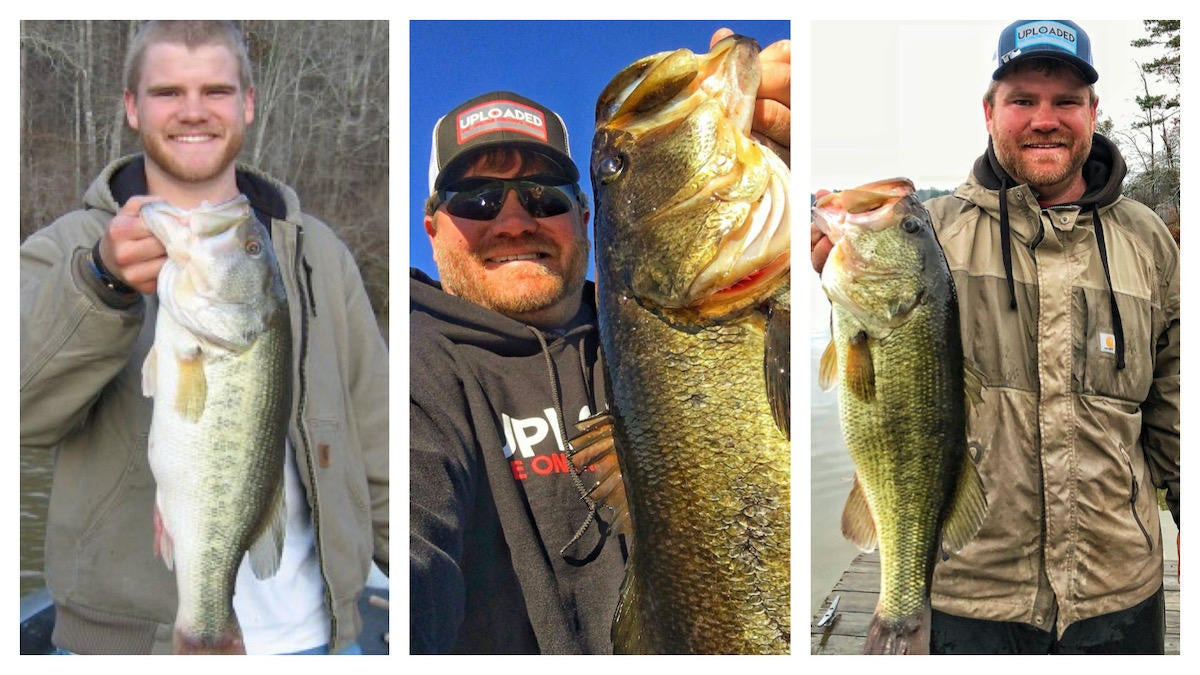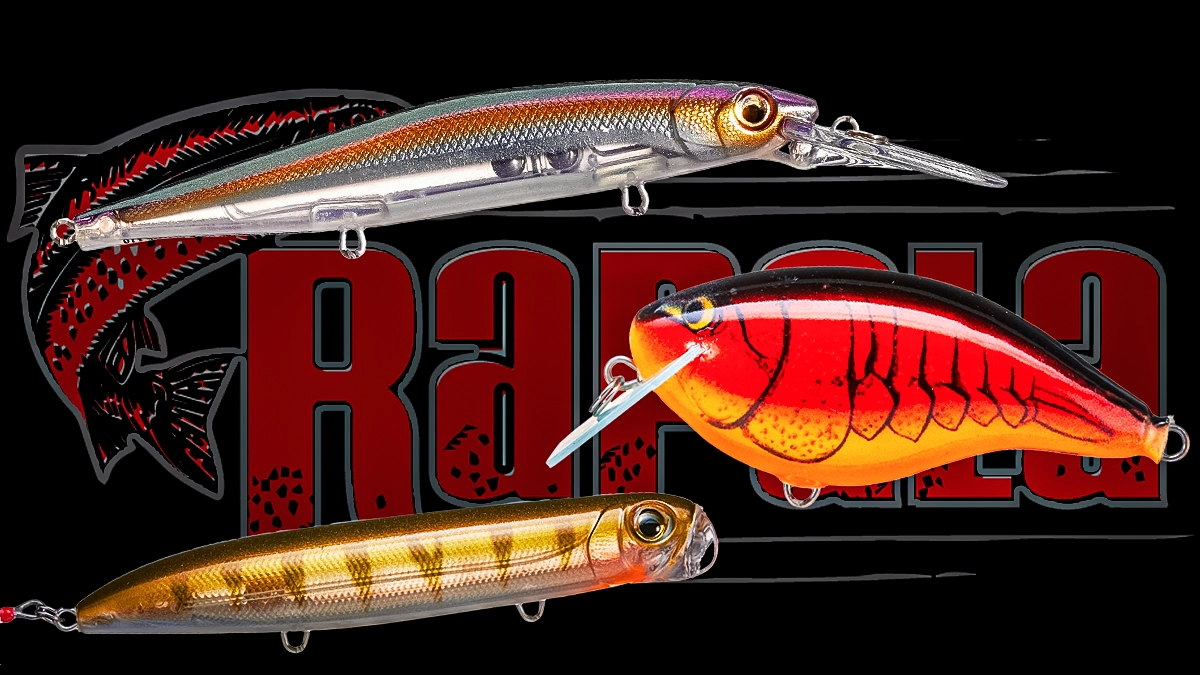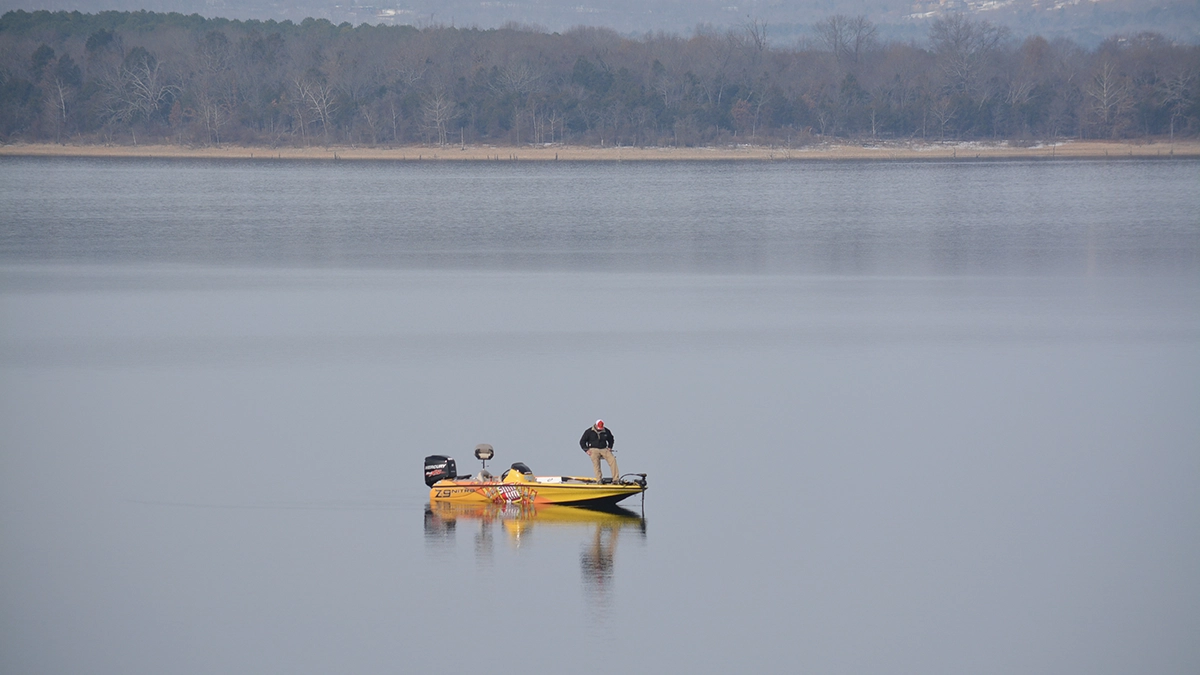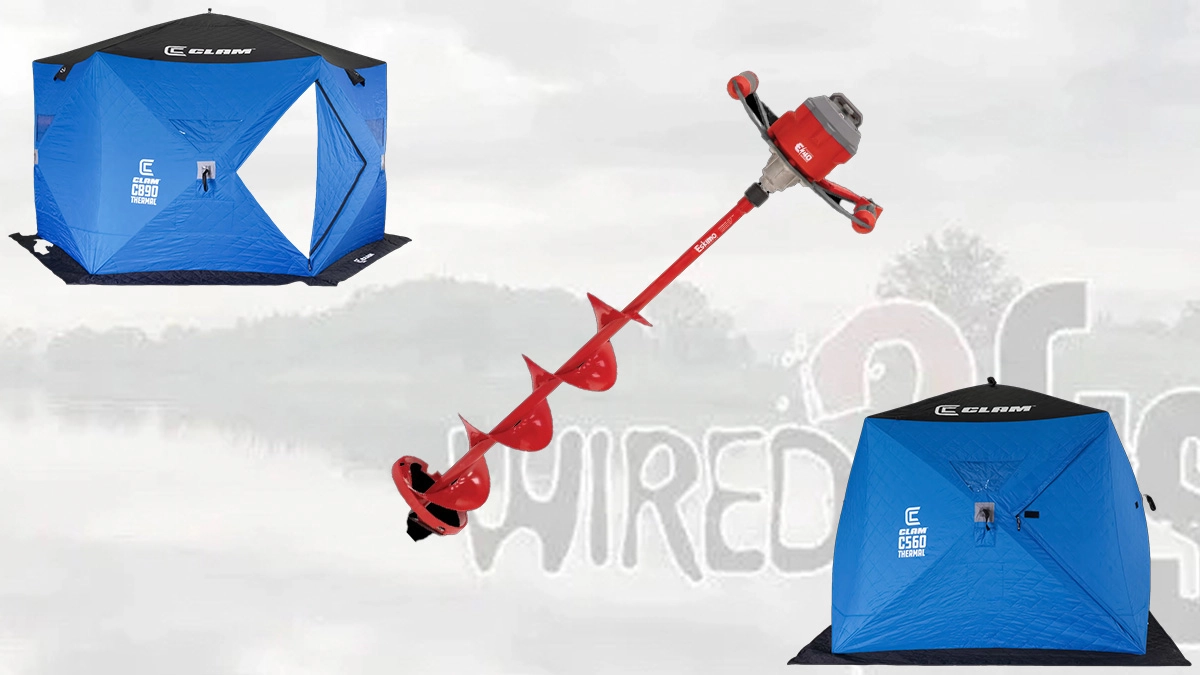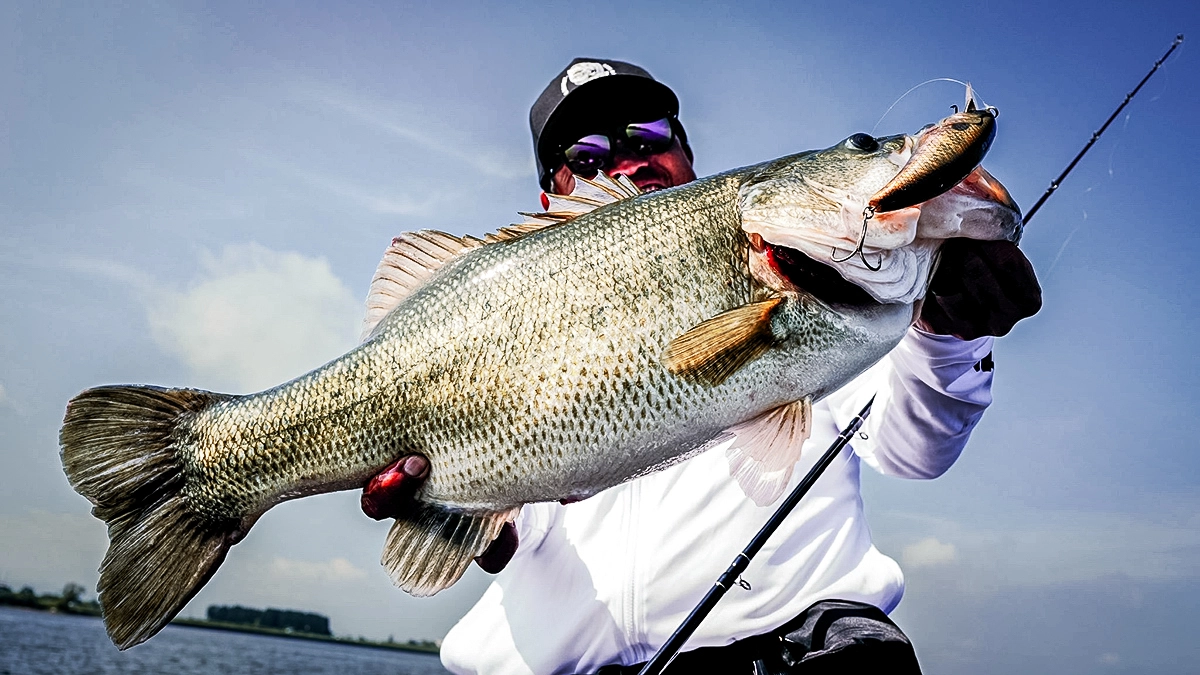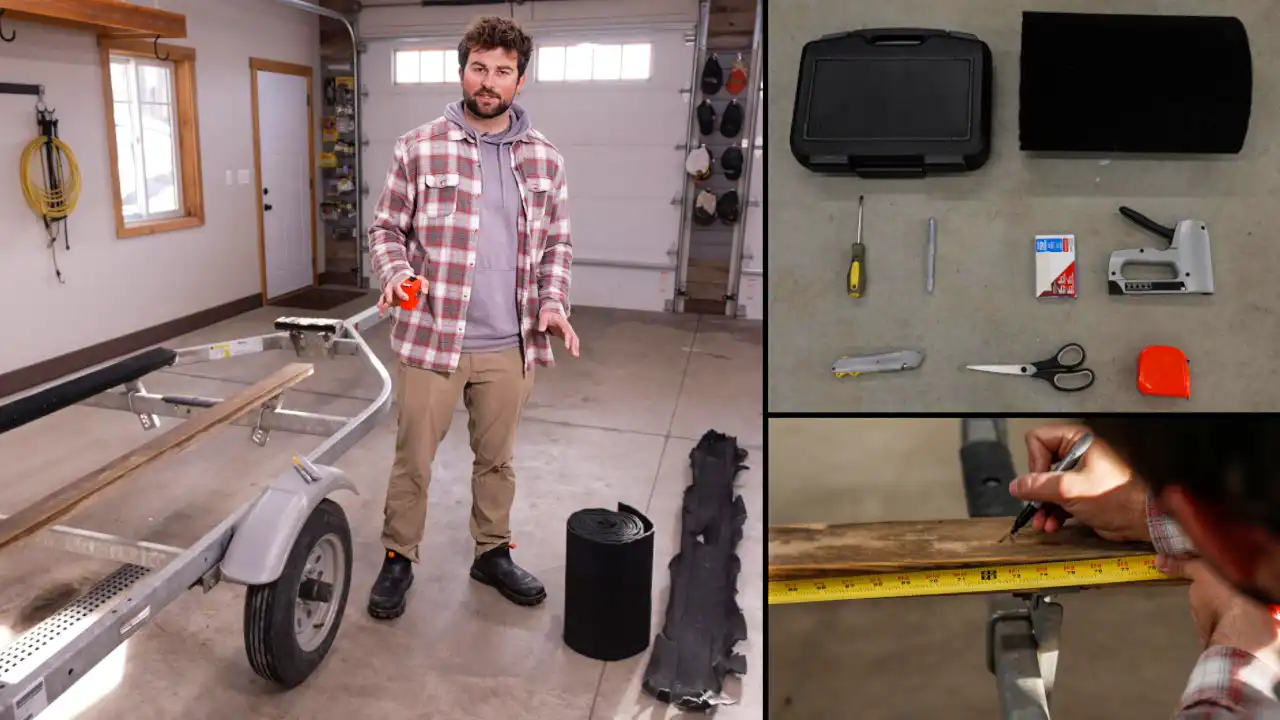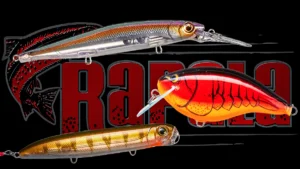Winter bass fishing is getting a little tiresome by now, if I’m being honest. I assume many of you are getting to that point as well. It can be a laborious endeavor, so it gets a pretty bad rap at times. But that’s not really fair. Bass fishing in the extreme cold is tough, yes. But this time of year is when you can stumble on some of the biggest bass you’ll catch in any season. And because it is a bit more challenging, there are far fewer boats on the water. That’s a major plus.
So why is it so tough? There are the obviously adverse conditions of fishing in the cold, like having to deal with numb fingers and rod guides freezing up. But that’s not it since many of the anglers who choose not to fish this time of the year instead brave the same elements to go hunting. I believe the real issue is the lack of bites. They are hard to come by. A good day on the water might only consist of a half dozen bites. So getting even two or three more is a huge deal.
That’s why we’re going to talk today about three common mistakes anglers make that can be easily corrected and in turn get you those few extra bites to keep you interested this time of year and make the cold more bearable.
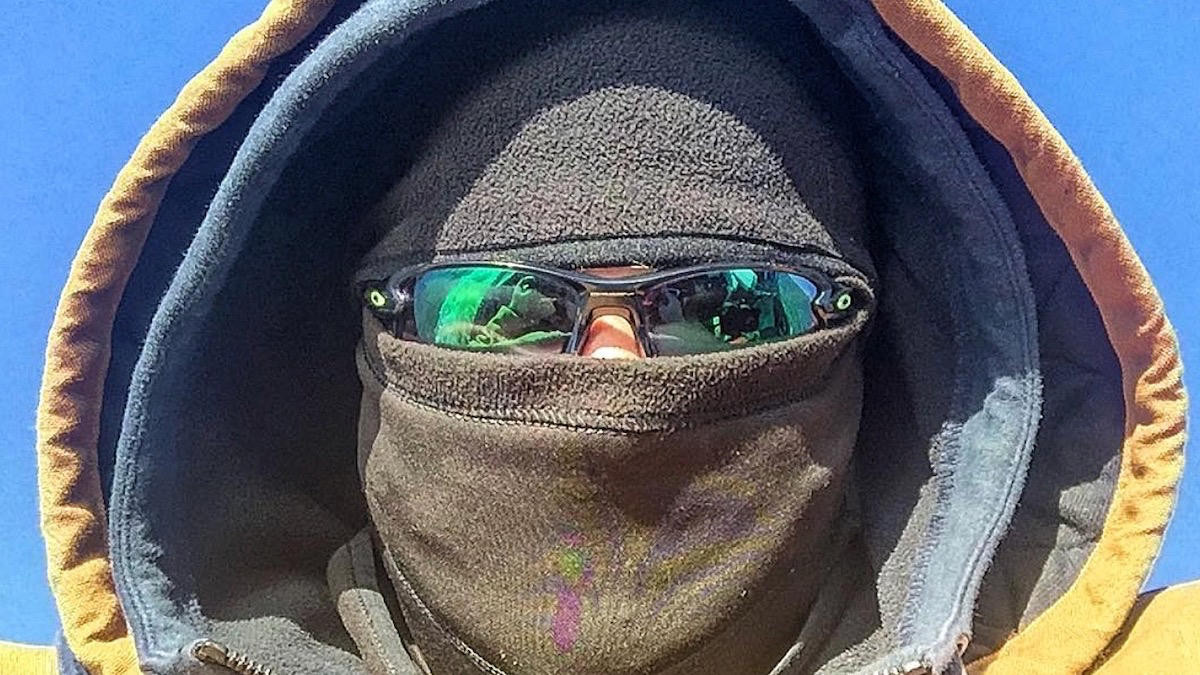
Don’t let the weather fool you
This has happened to me countless times and is something I constantly have to be on guard for when bass fishing in the coldest months of the year. On a nice sunny day, around mid morning, I’ll actually start to defrost a bit and naturally begin to move a little better. The sun cooks the 14 layers of clothes I have on and suddenly I don’t feel like an exhibitionist in Antarctica anymore.
This is a great thing but the only problem is I almost always begin to fish too fast. It’s so easy to speed up your retrieve without even realizing it. Even though the sun certainly helps activate the fish a bit, it’s usually just starting to get them going around that time and certainly doesn’t call for burning a spinnerbait.
You have to keep slow rolling your baits and avoid the temptation to burn them. Even if the air temperature is 20 degrees warmer than it was the day before, the water temperature may have only moved a degree or two. That’s what you have to focus on and be sure you’re fishing the fish’s habitat and not your own above the water.
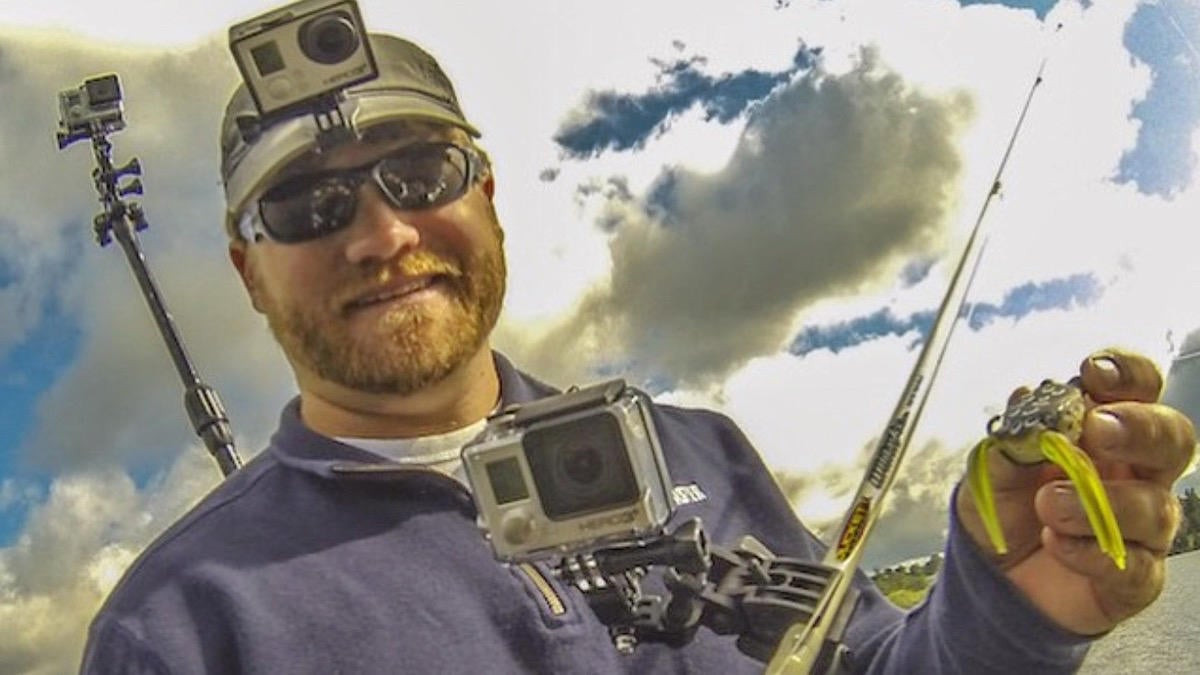
Control those emotions
This is another very easy mistake to make and one I first identified by reviewing my own GoPro footage. I started using a GoPro nearly a decade ago to film all my fishing trips and parlayed that decision into the next step of my career working for B.A.S.S.. While with B.A.S.S., I built and managed the GoPro division of their tournament coverage and it was my responsibility to scan through thousands of hours of footage from their Elite Series pros down to B.A.S.S. Nation anglers.
A lot of commonalities came forward from all this data. One I saw in my own fishing and that of so many other anglers is the tendency to unknowingly change what you’re doing once you get a bite. Bass have a way of lulling us to sleep between bites and we’ll start to fish a lot slower without even knowing it. This tendency is especially beneficial in the winter. But once we get a bite and get excited, we often speed up without even realizing it. Then we’ll go another 30 minutes without a bite until the monotony slows us down again.
Whether you’re intentionally fishing slow or just lulled to sleep, you have to focus on slowing down again once you get a bite. The old saying goes something like, 90 percent of fishing happens between the ears. That holds very true with winter bass fishing. Focusing on the mechanics of fishing slow and managing your emotions will lead to more bites. Period.
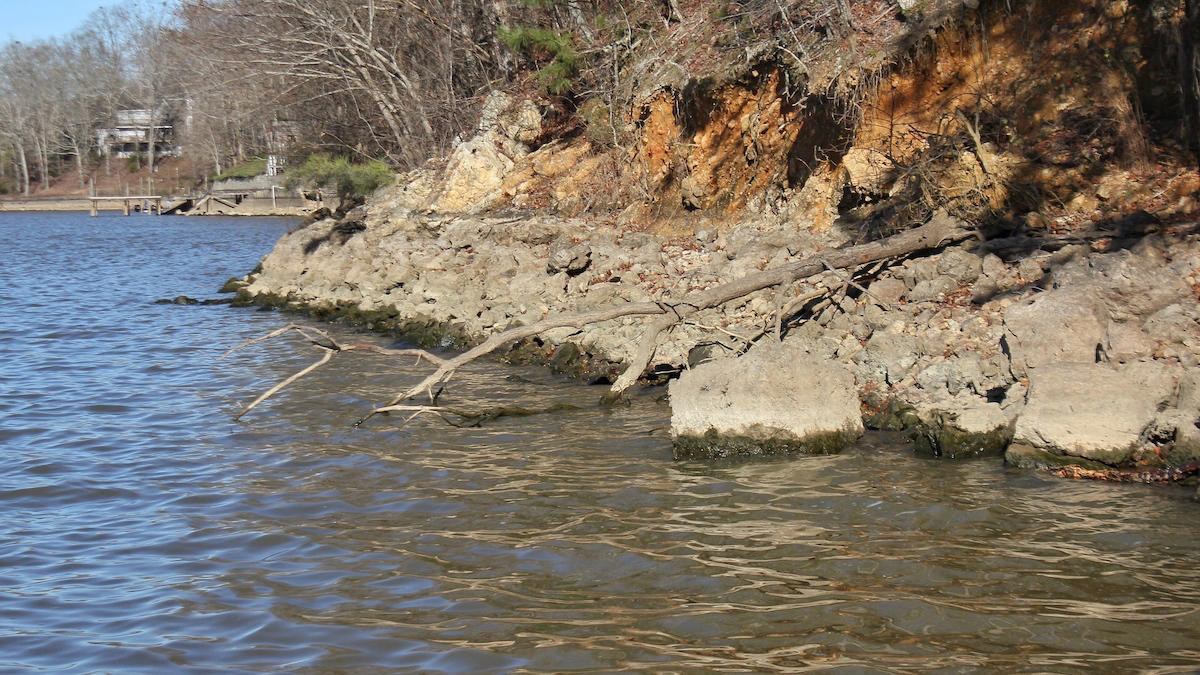
Don’t get caught in the dark
In an effort to be thorough, we also have a tendency to keep our trolling motor in the water more in the winter time; less running and gunning and more soaking a bait. That’s the right idea, but you can also stumble into some really unproductive water this way and stay there entirely too long.
Sunshine is your friend in the dead of winter. Just the same way you feel better in the sun rather than the shade, a bass does as well. Maybe even more so since bass are cold blooded and their metabolism and other body functions are regulated by their environment. So you want to focus on sunny banks and stay out of the shade. Yes, you can catch fish on a shady bank this time of year but you greatly increase your odds by focusing only on the sunny ones.
So I’ll typically start on the sunny side of a pocket and fish my way towards the back, then when I reach the shade I’ll just pick up the trolling motor and idle to the next pocket, starting again on the sunny side and focusing solely on that. This eliminates wasting half your time in far less productive water.
It’s also worth pointing out that some parts of those banks will have been in the sun longer. Pay attention to how the shade lines are moving throughout the day and you may even be able to find a pattern within a pattern, where you’re focusing on water that has been in the sun for at least two or three hours.

In conclusion
Winter bass fishing can be tough but it doesn’t have to be that tough. Keeping a vigilant focus on how and where you are presenting your bait is crucial. Be sure to keep things moving slow, even as you warm up or get excited. And focus your time on the sunniest stretches you can find. Don’t get caught up going through the motions and find yourself on a stretch that hasn’t seen direct sunlight since yesterday. Correct these three simple mistakes and you will certainly catch more fish.


